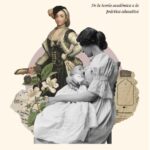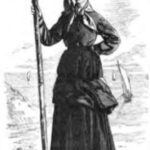The Project of Excellence Methodology for the archaeological study of battlefields and sieges in the context of the Second Punic War: Metauro, Iliturgi and Castulo (207/206 BC) (HAR2016-77847-P), aims to address, among other case studies, the archaeological analysis of the Iberian oppidum of Iliturgi and its leading role in the Second Punic War. Iliturgi and its territory become a laboratory to contrast different models of historical-archaeological interpretation proposed for other Iberian oppida and territories of the Upper Guadalquivir.
This research project aims to provide a novel reading of a specific territory, a reading that takes into account recent theoretical models that consider the complexity of the dialectic established between the conqueror and the conquered, the models of resistance, transformation, acceptance, imitation, emulation, hybridisation… that will lay the foundations for subsequent Romanisation, understood as a heterogeneous and local form of adaptive response to the new cultural, social, political and economic circumstances.
Collection: Multimedia
Project: 6. Under a cloak of terror: violence and armed conflict in Europe.
Chronology: -
Scope: Secondary Education
Link: https://www.youtube.com/watch?v=e4DVToMMc5s
Resource type: Video
Format: Multimedia
Owner: Arqueological National Museum of Spain (MAN) (Modernalia)
Abstract: The Project of Excellence Methodology for the archaeological study of battlefields and sieges in the context of the Second Punic War: Metauro, Iliturgi and Castulo (207/206 BC) (HAR2016-77847-P), aims to address, among other case studies, the archaeological analysis of the Iberian oppidum of Iliturgi and its leading role in the Second Punic War. Iliturgi and its territory become a laboratory to contrast different models of historical-archaeological interpretation proposed for other Iberian oppida and territories of the Upper Guadalquivir. This research project aims to provide a novel reading of a specific territory, a reading that takes into account recent theoretical models that consider the complexity of the dialectic established between the conqueror and the conquered, the models of resistance, transformation, acceptance, imitation, emulation, hybridisation... that will lay the foundations for subsequent Romanisation, understood as a heterogeneous and local form of adaptive response to the new cultural, social, political and economic circumstances.
Tags





